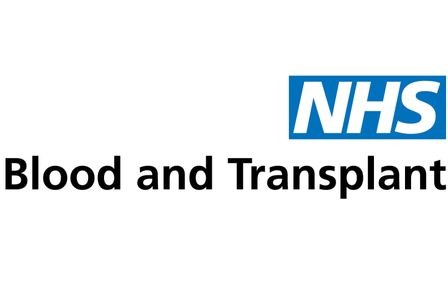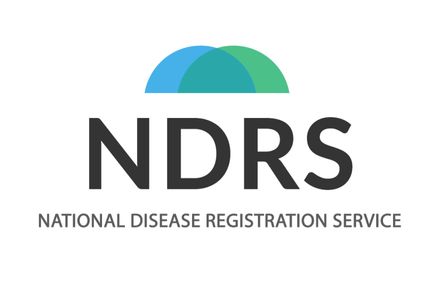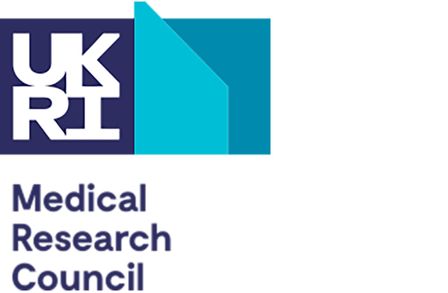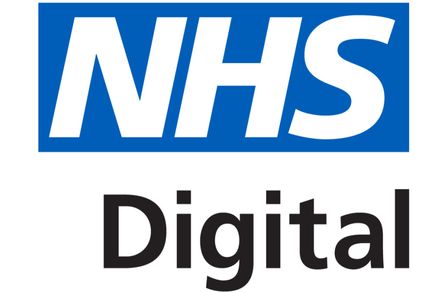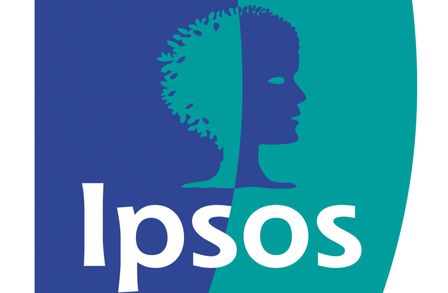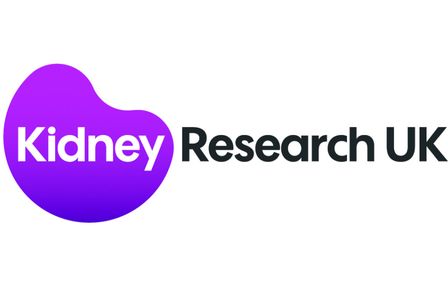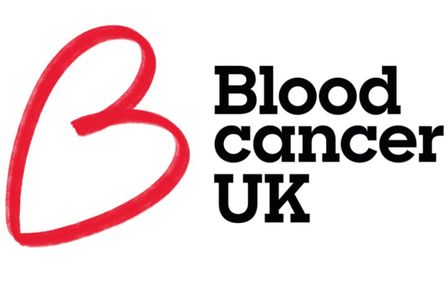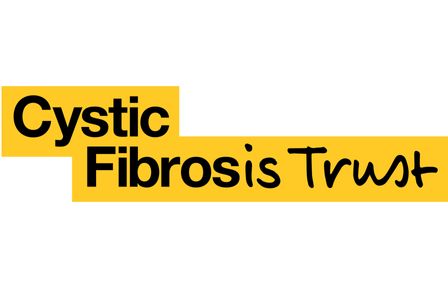MELODY Study

The MELODY Study
The MELODY Study is now closed.
Overview
The MELODY (Mass evaluation of lateral flow immunoassays for the detection of SARS-CoV-2 antibody responses in immunosuppressed people) study used home antibody testing to improve our understanding of responses to COVID-19 vaccination in individuals who are receiving immunosuppression.
This major research project was funded by the UKRI Medical Research Council, in collaboration with patient charities, including Kidney Research UK, Vasculitis UK, Blood Cancer UK, and the Cystic Fibrosis Trust. It was led by researchers at Imperial College London, in collaboration with several NHS and academic partners, including teams at the University of Nottingham, University of Sheffield, University of Cambridge, NHS Blood and Transplant (NHSBT), NHS Digital, and the National Rare Disease Registration Service (NDRS).
The MELODY study targeted three groups of individuals: those with solid organ transplants, those with some types of blood cancer, and those with autoimmune disease. It employed home blood finger prick antibody tests to measure the proportion of patients who develop antibodies to their third dose of a COVID vaccine. It then utilised linked NHS data to determine if antibody responses correlated with protection from subsequent disease and hospitalisation during a six month follow up period. The study provided valuable information on vaccine efficacy in clinically vulnerable patients and informed future recommendations for the use of protective strategies and novel therapies in individuals receiving immunosuppression.
Our collaborators
Page updated on 7 December 2021



